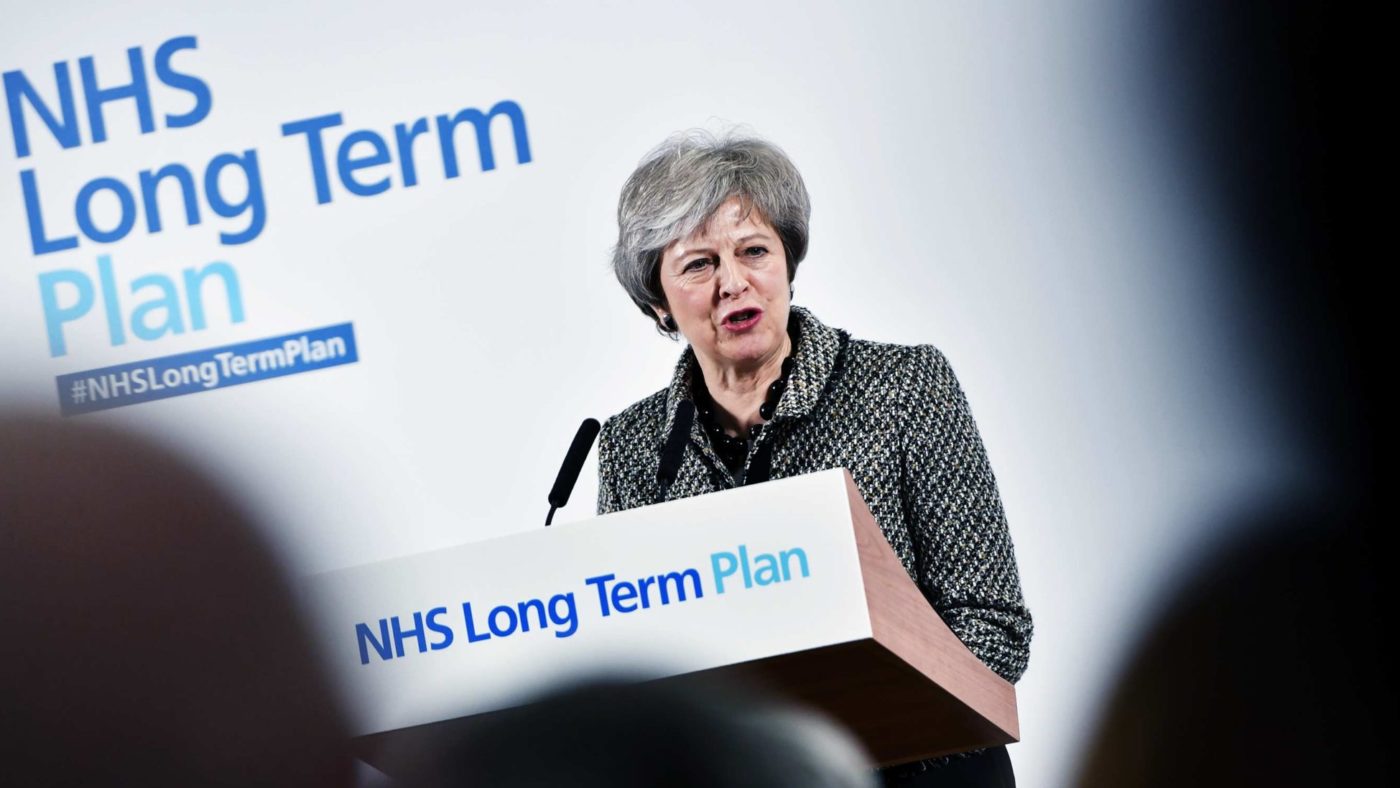This week saw the publication of the long-awaited NHS Long Term plan, a 100+ page report which sets out how the health service intends to spend the £20bn 70th birthday present announced by the Prime Minister last Summer.
And there is much to be welcomed in the plan: a strong commitment to investing more in primary and community services to ensure patients can be treated closer to home; ambitious targets to increase early diagnosis of cancer and other major illnesses, all underpinned by a clear vision for a more patient-centred and digitally enabled health service fit for the 21st century.
One area of the plan that has raised eyebrows however is the “legislative asks” the NHS has proposed on how legislation might be amended to support the delivery of the Long Term Plan. This includes the removal of “the overly rigid competition and procurement regime applied to the NHS” which they argue leads to “wasted procurement costs and fragmented provision.”
While calls to remove the competition elements of the Andrew Lansley’s 2012 Health and Social Care Act are not new, it is very difficult to argue that such provisions have led to privatisation by the “back door” as so many people have claimed. For example, in 2013/14 just over 6 per cent of the Department of Health budget went to independent providers of NHS care. By 2018 this figure was 7.3 per cent.
Equally, while much is said about how the Act “forces” NHS clinical commissioners to go through laborious procurement processes and put every contract out to tender, research has found that only around 5 per cent of NHS contracts are put out to market with the vast majority simply just handed over to incumbent providers. Indeed, all the 2012 Act says is that commissioners should put a service out to tender only if it’s in the “interests” of patients.
So if the evidence shows that there’s relatively little competition or procurement happening in the NHS, what about the claim that such regulation increases “fragmentation” and impedes efforts to integrate and join up services?
With an ageing population and growing numbers of people with multiple health conditions, it’s absolutely right that more is done to ensure services work around the needs of patients and not the other way around — for example, by sharing information so that clinicians have a full picture about a patient’s health, co-ordinating appointments so that patients don’t have to make multiple visits on different days to different places and identifying the other needs that patients have and signposting them towards other sources of help.
However, rather than seeking to ensure that all providers in any local area properly work together (whether through better use of digital tech or streamlining admin processes) there has emerged a misguided notion in the NHS that “integrating” care is about simply bringing everything into one NHS organisation. Not only would this effectively shut out independent, voluntary and social enterprise providers and all the capacity and expertise they bring, but also goes against all international evidence on integrated care which has found that it’s through creating open and innovative systems that skilfully manage the interaction of a wide range of different providers are the key to joining up care and improving outcomes.
While the role of a diverse range of providers in the NHS should not be contentious, in recent years increasingly toxic debate has meant that any discussion of the role of private sector bodies in the NHS is immediately decried as a conspiracy to “privatise” it. So politicians of all persuasions are increasingly nervous about publicly making a clear and reasoned argument for the use of market forces in the NHS.
But such an argument only hurts NHS patients. The pressures on the health service are well known and it’s clear that the NHS alone cannot do everything. But the last thing the NHS should do is pursue legislative change that reduces the opportunity for new organisations, ideas and innovations to develop in the health service precisely when the NHS needs it most – whether it’s the latest scanning technology or proton beam therapy to improve cancer diagnosis, or innovative new primary and community care providers which put digital tech at its heart, or giving providers much needed choice so that “personalised” healthcare can be a genuine reality.
The public consistently report as being entirely relaxed about who provides their care – what matters is that it is high quality and free at the point of use. Therefore whatever legislative change the Government pursues, it’s vital that the key focus is on how to deliver the high quality, innovative care, and not simply obsess about who provides it. Otherwise it’s patients that will be forced to bear the brunt of an unresponsive “like-it-or-lump-it” service


